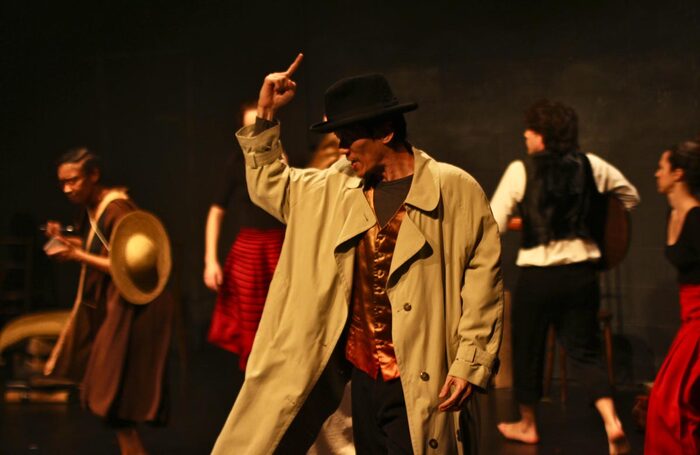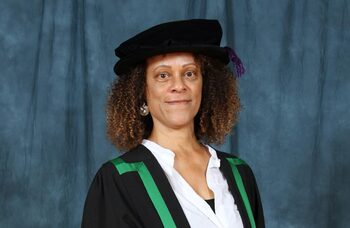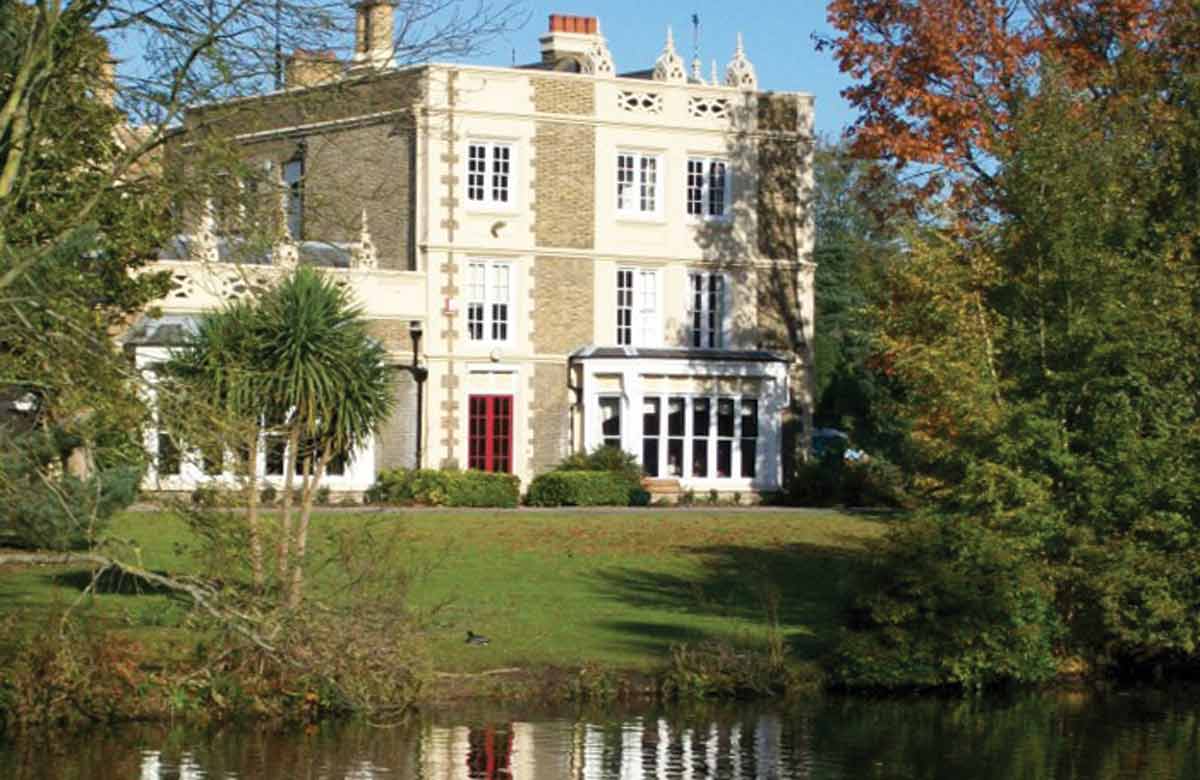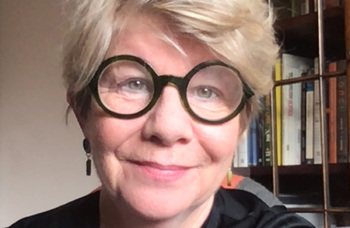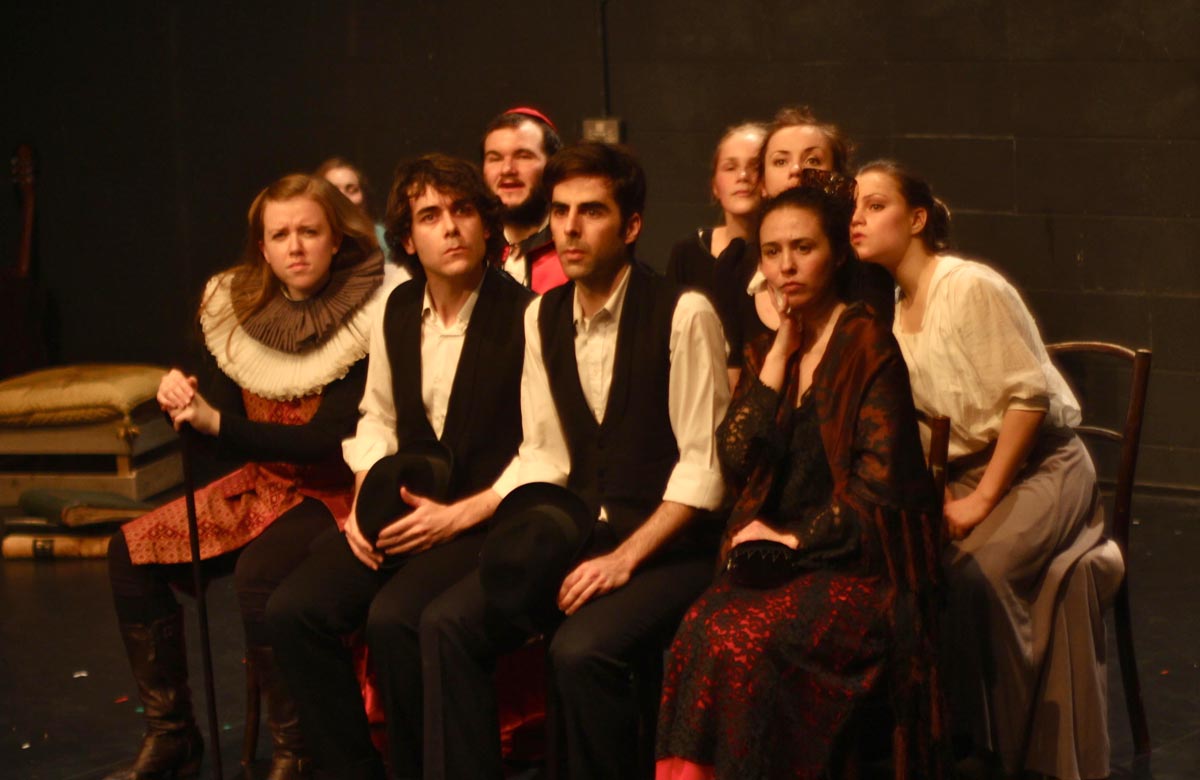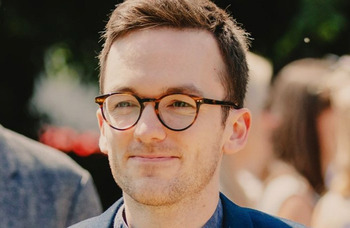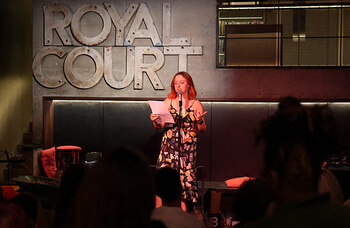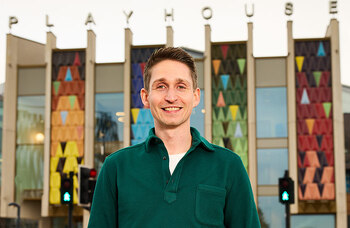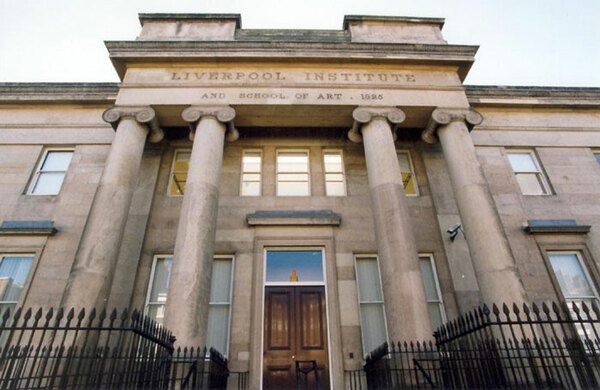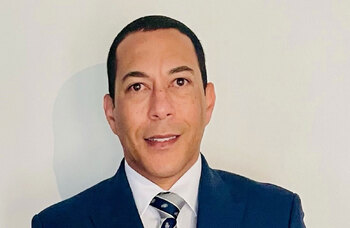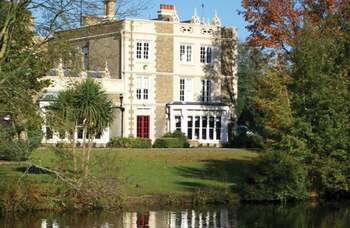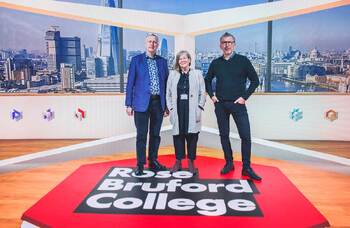Rose Bruford's MA/MFA in Contemporary Directing Practice: a course for growing artists to explore new ideas
The world has changed in the last year, and so has theatre. But the new MA/MFA in Contemporary Directing Practice at Rose Bruford College will guide students through the new landscape, and train them to be rigorous, insightful and adaptable directors of tomorrow.
The course has been developed by Niamh Dowling, head of school of performance at Rose Bruford, and programme director Irina Brown, an acclaimed opera and theatre director who has worked at the National Theatre, the Royal Opera House and was formerly artistic director of the Tron Theatre in Glasgow.
Launching this autumn, this is a vocational course designed for those who want to explore, experiment and grow as artists and professionals, supported and mentored by leading practitioners and pedagogues.
For Brown, the course is about allowing students to experience and examine a diverse range of practices and approaches. It offers a holistic view of directing that applies to classical theatre, new writing, devised work and directing for camera. “We give students the chance to develop a language and to find their own voice and identity,” she says.
Students have the option of studying for either a one-year MA or a two-year MFA. The first year investigates a wide gamut of best directing practices, looking at the possibilities of a directing language in the post-pandemic world, and providing students with the opportunity to direct their own productions. A weekly directing lab ensures that students can explore, experiment with and question the ideas that are introduced through seminars and lectures. Industry professionals provide support and mentoring continually throughout the degree.
Those studying for two years will have an industry placement as well as a practical introductory course on directing for camera, to equip students for the many hybrid and mixed media forms that theatre is starting to take.
Brown explains: “It’s important at the moment to expand our horizons in terms of directing for theatre, providing a certain amount of grounding in working with recorded media. That’s the world we’re living in, and the two areas should not be separate.” In the second year, students will also direct two more independent stage productions.
These investigations are underpinned by learning about the practical and pragmatic demands of directing: from budgeting, fundraising, creating a professional network and pitching ideas to structuring rehearsals and leading the process.
As Dowling explains: “When we designed the course we were committed to making it a fully taught, experiential and collaborative programme, taking into account the opportunities offered both by the School of Performance and the School of Design, Management and Technical Arts, and the college’s new Centre for Digital Production.”
By being part of such a thriving community and acclaimed institution as Rose Bruford, student directors have a huge range of student collaborators from other disciplines to draw from, whether that is performance, design, technical or digital – all areas in which Rose Bruford students excel.
“I believe that this cross-disciplinary interaction, with peers as well as industry professionals, offers a great opportunity for developing new ideas and setting up new challenges,” says Brown. “It’s very important that there is a community.”
Since 1950, Rose Bruford has been seen as one of the most renowned training institutions in the country. Its alumni include Bernardine Evaristo, Roy Alexander Weise, Elizabeth Newman, Gary Oldman and many others.
Continues...
The college’s principal and chief executive Clarie Middleton is deeply committed to inclusivity and diversity, and the college has just begun a three-year anti-racist training programme for all staff and students as part of its work to embed diversity at every level: in the curriculum, in the review of college policies and the make-up of staff and students.
Middleton says: “We are proud of our distinctive portfolio of taught postgraduate programmes, which continues to develop apace and is an important and integral part of our vocational offer. Aimed at artists and practitioners at all stages of their careers, these programmes provide them with the skills and opportunities to further enhance their creative practice, empowering them to embrace new challenges and to find new solutions as we move into a post-pandemic world.”
The MA/MFA in Contemporary Directing Practice completes a suite of unique postgraduate offerings at both MA and MFA level at Rose Bruford College. Actor and Performer is an intensive, advanced actor training programme with a unique opportunity to go on a creative exploratory expedition abroad. Collaborative Theatre Making expands skills and practices of theatremakers of the future. Actor Musicianship focuses on how musical and acting processes can interrelate and feed each other and creating work that is both music as theatre and theatre as music. Theatre for Young Audiences is theatre practice by, with and for young people.
A new Light in Performance MA offers a unique opportunity to explore current uses and applications of light as a material for performance, and will soon be joined by an MA in Digital Theatre Making, aimed at established or emerging directors, designers and technologists who want to become creative leaders in digital performance.
The college is also developing master’s programmes in Dramatic Writing for Theatre, Film and Television, and in Social and Cultural Entrepreneurship.
Continues...
According to Nick Hunt, head of the School of Design, Management and Technical Arts: “As our industry rebuilds, practitioners will need to work flexibly across different performance forms – live, on-screen, immersive, virtual and combinations of all of these. Our courses are designed to prepare graduates for both the challenge and the exciting new possibilities this new world is bringing.”
The college’s focus on international collaboration and exchange is central to its identity in fostering a cross-cultural conversation: international exchange is an integral part of the undergraduate programmes in European Theatre Arts and American Theatre Arts. The MA/MFA International Theatre Practice and Performance is a programme for training actors, directors and writers, run in collaboration with the National Theater Institute at the Eugene O’Neill Center in Connecticut, USA. There are also three MA/MFA programmes for theatremakers run in collaboration with arthaus.berlin in Germany.
The MA/MFA Contemporary Directing Practice programme itself was born out of Brown’s own experience of two cultures. Having been brought up in Russia, she has been a practitioner in the UK for many years and brings a personal and professional experience of two cultures on a very deep level.
Meanwhile, a remarkably positive response to the new BA (hons) Theatre and Social Change will be followed this year by an MA Creative Practice for Social Change. These programmes combine practical theatre and producing skills with an understanding of cultural, social and creative context. Dowling says: “The fundamental principle of these programmes is to encourage students to engage with the ethical and political dimensions of their creative work as makers, producers and leaders.”
And this year, for the first time, all of the postgraduate courses will be brought together on to one site, creating a unique postgraduate hub in Lewisham, equipped with a theatre, five studios and other facilities. “The existing Rose Bruford campus in Sidcup offers a most vibrant environment buzzing with creative energy,” says Brown. “That’s what we are now creating for postgraduates in Lewisham.”
It is on this new site that students on the MA/MFA in Contemporary Directing Practice will learn, collaborate and form the foundations of the future of theatre.
More about this organisation
Most Read
Across The Stage this weekYour subscription helps ensure our journalism can continue
Invest in The Stage today with a subscription starting at just £7.99
